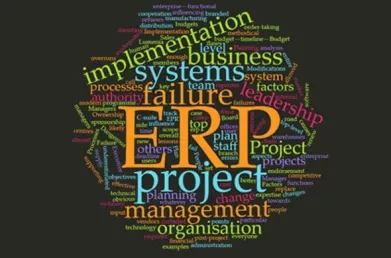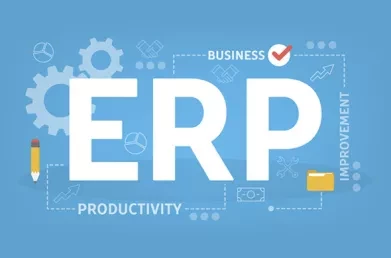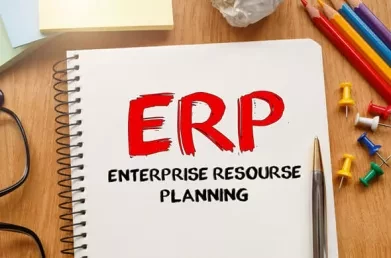ERP Implementation: Why the Military aren’t always better!
Guess what the largest ERP project ever attempted was? That’s right. The US Airforce implementation that was supposed to connect 700 systems, over 300,000 people, and well over 5,000 aircraft at a staggering budget of over $3 billion. Well $1 billion later the boys in green threw in the towel and admitted that not only would the project never be completed but that they had, in effect got no benefits for their money spent and never would.
So what, I hear you cry. My ERP implementation is nowhere near that large. We have hundreds of people; not thousands, a dozen systems; not hundreds, and a budget that could knock a few zeros off that US Airforce figure. Not to mention the fact that we have no intention of taking the eight years the US Airforce planned to take to finish the whole project.

Well it might interest you to look at the conclusions of the Institute for Defense Analysis, giving the reasons why, in their opinion, the project failed.
(Report comment in quotation marks, my comments thereafter in bold italics).
- “Failure to baseline existing practices and to establish effective measures for the desired outcomes” – Read lack of effective benefit analysis before the project starts. Something we suggest takes place on all projects.
- “The structure of a military organization and its focus on operational capabilities rather than financial performance meant that using a COTS system that was designed for a profit making organization was a poor fit” – Perhaps a little less relevant than the others, however, not all implementations are for profit making organisations.
- “The hierarchical decision making structures in the military were poorly aligned with the governance structure in use by the project (functional sponsors were at times lower in rank than the people whose groups were impacted by the changes)” – I have seen this on ERP implementations within businesses as well.
- “Challenges aligning and integrating functions across organizational boundaries and failure to put in place a governance structure at a senior enough level to overcome those boundaries” – this is very common. ERP projects are often underestimated and the governance given down to a lower echelon of the business than it should be.
- “Lack of trust between groups” – one of the most common issues of all and particularly prevalent in multi-site implementations.
- “Unwillingness to adapt operating processes to match the capabilities of the software” – Again extremely common. How many times have we all heard the old reliable “but we’ve always done it this way” when the software might do it another way. This can lead to enforced customisation of the software to allow users the comfort of doing it the “traditional way”. Thus adding time, cost and risk to the project.
- “The military’s “can-do” attitude resulted in “green shifting” and lack of visibility into the project’s true status” – perhaps a little less common outside the military but still a risk. Sometimes project leaders do not want to admit failure because of repercussions to their own careers. This can lead to risks being seen too late on a project.
- “Focus on schedule and budget resulted in lack of focus on actual project performance resulting in quality related issues being swept under the carpet” – to me this relates directly to point number one. The traditional focus on ERP projects is “on time and on budget”. These are fine goals but there must be more. An early benefit analysis is vital in seeing that the proper goals (the ones that deliver most benefit first) are strictly adhered to.
- “Seeing the project as an IT project rather than an organizational transformation project (reference tech-centric myopia)” – well now, this one is so common that Lumenia has written an entire blog about it. It is most definitely not just the military that believe that if we leave ERP to the geeks in the basement they’ll get there in the end. Guess what – they won’t! ERP projects are about the entire business and must be seen as that from the very top to the very bottom from the beginning.
There were probably many other reasons why a project of this sheer size, scope and magnitude failed and it is way beyond the scope of this article to attempt to unravel it all but there is not a single point above that I do not recognise as being a problem on just about every ERP project I have ever worked on – no matter what the size.
This blog was written by David Quirke, Principal Consultant at Lumenia Consulting. If you would like further information on ERP Implementation please send an e-mail to David Quirke.


